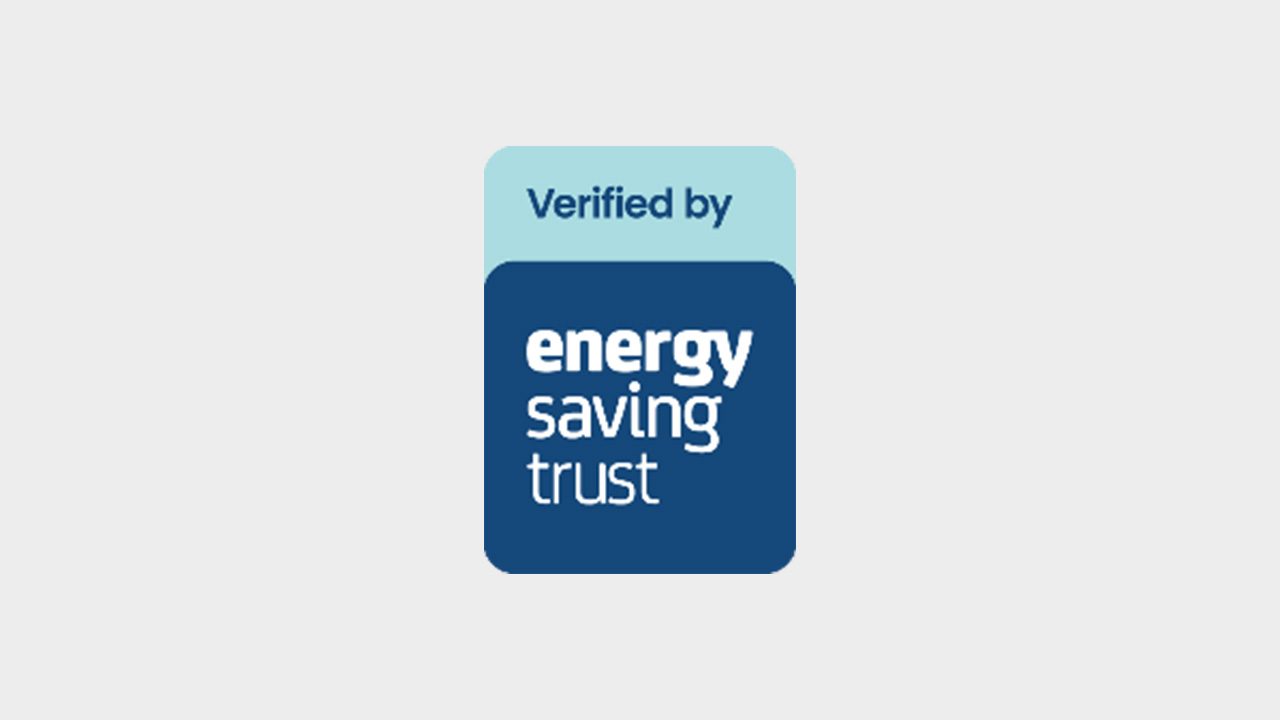
Here are some energy-saving tips, to help lower your bills.
The first step to saving money on energy is to understand what you’re spending.
A smart meter tells you how much gas and electricity you’re using in real time. This could also help you identify when energy is being wasted. Find out more about getting a smart meter.
If you can't get a smart meter, look at your bills and check how much you use against what's expected for similar households.
Once you’ve worked out your energy usage and how much it’s costing you, there are plenty of quick wins that might help you reduce it. For example, you could use:
Other simple steps could help, such as not leaving gadgets on standby and using draught excluders to keep your home warmer. Draught-proofing fireplaces, chimneys and windows can all help to reduce heat loss.*
Sometimes, you might be able to make savings just by making different choices in the home, for example:
The Energy Saving Trust says a typical household in England, Scotland, or Wales could save £60 a year on their energy bills (£65 in Northern Ireland) by keeping showers to 4 minutes, with the potential to save an additional £75 annually in metered water and sewerage bills. Changing your shower head to a more energy efficient one could also save money.*
They could also save £9 in energy and £13 in metered water and sewerage bills a year by swapping one bath a week for a 4 minute shower.*
Avoid putting your washing machine on a higher setting. Most detergents work perfectly well at lower temperatures like 30 degrees. You could save money by using an eco-wash setting and waiting until you have a full load of washing.
Hanging clothes to dry where possible, rather than using a tumble dryer, can also save you money.
If you can choose between a desktop computer and a laptop, consider using the laptop. According to the Energy Saving Trust, this could save up to £30 and 25kg of carbon a year.*
Laptops typically use a lot less power than desktop computers, which could make a big energy saving, particularly if you're working from home.
A laptop can also give you the freedom to move to warmer areas of your home, so you may be able to avoid turning up the heating if you're in a cold room.
According to research by the consumer group Which? , switching energy suppliers is one of the easiest ways to save money.
You can get advice on how to do this from Ofgem. It has a list of accredited price comparison websites as well as tips on how to shop around.
Citizens Advice also has a guide to switching energy suppliers, which includes guidance on what to do if you’re a tenant or in debt.
If you’re struggling with heating costs, you might qualify for government support.
The Warm Home Discount Scheme means you could get a winter discount on your heating bills if you receive the guarantee credit element of pension credit or are on a low income.
If you were born before 23 September 1958, you could be entitled to a winter fuel payment to help with your heating bills. You’ll get this payment of either £200 and £300 if you or your partner receive certain benefits.
You may also receive the cold weather payment (£25 extra a week) if you get certain benefits. This is paid when the temperature where you live is zero or below for more than 7 days in a row.
For more information on support available, visit GOV.UK: Help with your energy bills.
To find out what else you can do, read our guide on budget-friendly ways to improve energy efficiency.
If you’re interested in funding home improvements, including generating your own renewable energy, visit how to make your home more energy-efficient.

Energy Saving Trust is an independent organisation dedicated to promoting energy efficiency, low carbon transport and sustainable energy use to address the climate emergency.
This article was last updated: 03/06/2025, 10:44